Star Hobson and Arthur Labinjo-Hughes: why were chances to intervene missed?
In both cases, concerned family members made referrals to social services
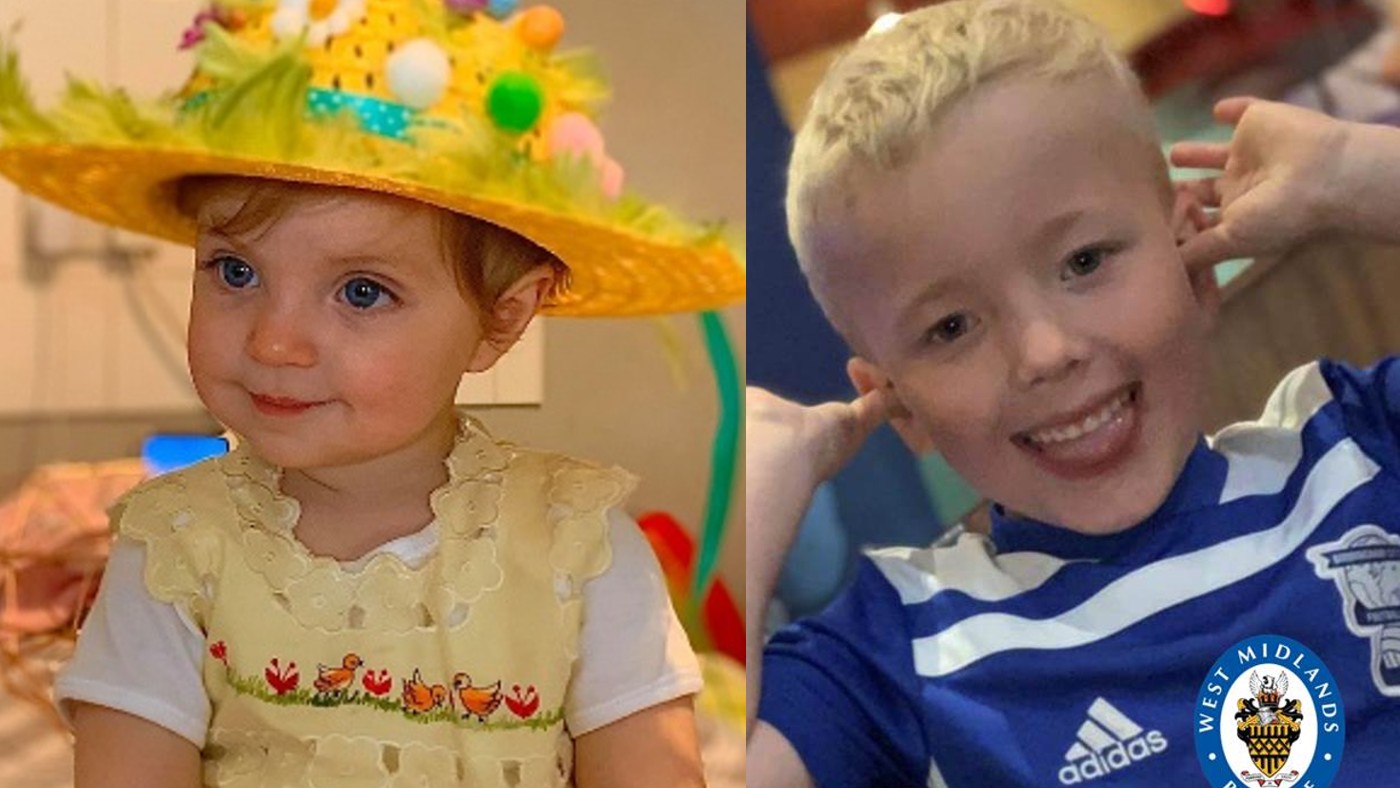
A free daily email with the biggest news stories of the day – and the best features from TheWeek.com
You are now subscribed
Your newsletter sign-up was successful
A 16-month-old baby was murdered by her mother’s girlfriend, despite friends and family making five referrals to social services in the months leading up to her death.
On Tuesday, Bradford Crown Court convicted Savannah Brockhill, 28, of murdering Star Hobson on 22 September last year. Frankie Smith, Brockhill’s partner and the baby’s mother, was found guilty of causing or allowing the death of a child, but was cleared of her murder.
Brockhill inflicted “catastrophic” injuries on Star, who died after extensive damage to her abdominal cavity “caused by a severe and forceful blow or blows”, reported The Times. The couple waited for about 15 minutes before calling an ambulance, when Brockhill suggested that the baby had fallen from a sofa.
The Week
Escape your echo chamber. Get the facts behind the news, plus analysis from multiple perspectives.

Sign up for The Week's Free Newsletters
From our morning news briefing to a weekly Good News Newsletter, get the best of The Week delivered directly to your inbox.
From our morning news briefing to a weekly Good News Newsletter, get the best of The Week delivered directly to your inbox.
Friends and family raised multiple concerns about bruises on Star in the eight months leading up to her death. Five referrals were made to social services, including one by Anita Smith, Star’s great-grandmother, who recalled asking whether the child was “going to end up like a Baby P?”.
Smith “begged” to have Star brought to live with her, said the paper, but was told by social services that this wasn’t possible. Social services had stayed in contact with Frankie Smith and had been due to meet with her on the day of Star’s death.
‘Campaign of appalling cruelty’
Star’s shocking murder recalls the tragic death of six-year-old Arthur Labinjo-Hughes, who was tortured and killed after weeks of abuse during lockdown last year. Prosecutors said that his father Thomas Hughes, who was convicted of his manslaughter, and stepmother Emma Tustin, who was convicted of his murder, had subjected Arthur to a “campaign of appalling cruelty”.
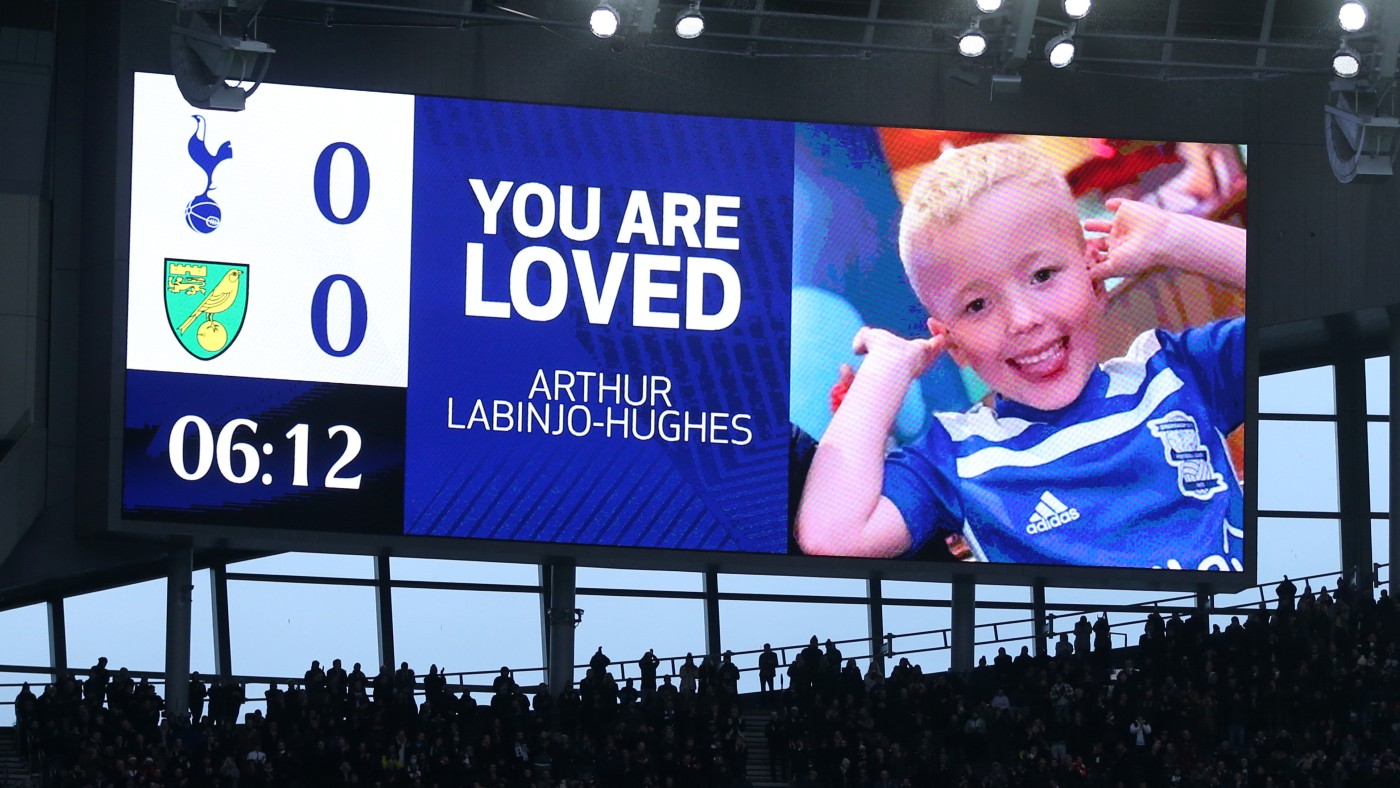
After discovering bruises on the boy’s body, worried family members had alerted social services but a home visit found “no safeguarding concerns”, said The Guardian.
A free daily email with the biggest news stories of the day – and the best features from TheWeek.com
Arthur’s school contacted social services after speaking to Joanne Hughes, the boy’s paternal grandmother, but was told that they had “no concerns” and that the injuries were from “boisterous play”, The Times reported. The newspaper added that when the school asked Hughes how his son was, he replied that Arthur was “doing grand”.
Why were chances missed?
The deaths of Star and Arthur have raised “inevitable questions about the authorities whose duty is to safeguard vulnerable children”, wrote social policy editor Patrick Butler in The Guardian.
A combination of “human error and poor professional judgement” are likely factors in tragic cases like these, he continued. An inquiry into the circumstances surrounding Star’s death will consider “in detail” why the officials who made visits to the family home “concluded that there was no obvious risk”.
Bradford Council’s children’s services, which covered Star’s West Yorkshire home, had been judged as “inadequate” in 2018 by Ofsted inspectors, who found that poor practice was “leaving children at risk of significant harm”.
And officials in Solihull, where Arthur lived, are carrying out an investigation into why council workers concluded that the boy was living in a “happy household” and why social services didn’t speak to him alone.
‘Systematic and societal issues’
But, said frontline child protection practitioner and social worker Vince Peart in the Daily Mirror, it is “far too simplistic an answer to simply attribute these failings to individual social workers or even the entire system”.
Instead, he continued, we need to be looking at the “systematic and societal issues” – like high caseloads, a lack of resources and investment in early-intervention services, and copious bureaucracy – which allow deaths like these to happen.
“We also need public and political support to move the narrative away from social workers ‘stealing’ children and ‘failing’, to social workers being registered and respected professionals holding the same societal status as teachers, nurses, police officers and firefighters,” he added.
Pandemic played a part
The role that the pandemic played in the two deaths will be analysed over the coming weeks. According to Sky News, it was in March 2020 – the month of the first UK lockdown – that Hughes moved in with Tustin and “the little boy’s life took a dramatic downturn”.
When schools closed and families began “spending long periods behind closed doors”, did it make it harder “for the signs of abuse to be seen?” asked The Guardian’s Butler.
According to the Local Government Association, referrals to council children’s social care departments in England fell by around 20% in the first few months of the pandemic. This suggests that “the usual levels of vigilance were not maintained”, said Butler.
National review launched
On 6 December, the government announced the launch of a national review into Arthur’s killing “to determine what improvements are needed by the agencies that came into contact with him”.
Education secretary Nadhim Zahawi said that the review will identify “lessons that must be learnt from Arthur’s case for the benefit of other children elsewhere in England”, adding that the government “will not rest until we have the answers we need”.
But “another national review” won’t change the fact that “one in five social work positions are currently unfilled, sickness rates amongst the profession are spiralling due to vicarious trauma, we are working 10 hours of unpaid overtime every week, and the average social worker only lasts six years before leaving the profession forever”, said Peart.
“If we truly are to ‘learn’ from” the deaths of Arthur and Star, he continued, “then we must start by building up the social work profession instead of knocking it down”.
Kate Samuelson is The Week's former newsletter editor. She was also a regular guest on award-winning podcast The Week Unwrapped. Kate's career as a journalist began on the MailOnline graduate training scheme, which involved stints as a reporter at the South West News Service's office in Cambridge and the Liverpool Echo. She moved from MailOnline to Time magazine's satellite office in London, where she covered current affairs and culture for both the print mag and website. Before joining The Week, Kate worked at ActionAid UK, where she led the planning and delivery of all content gathering trips, from Bangladesh to Brazil. She is passionate about women's rights and using her skills as a journalist to highlight underrepresented communities. Alongside her staff roles, Kate has written for various magazines and newspapers including Stylist, Metro.co.uk, The Guardian and the i news site. She is also the founder and editor of Cheapskate London, an award-winning weekly newsletter that curates the best free events with the aim of making the capital more accessible.
-
 How the FCC’s ‘equal time’ rule works
How the FCC’s ‘equal time’ rule worksIn the Spotlight The law is at the heart of the Colbert-CBS conflict
-
 What is the endgame in the DHS shutdown?
What is the endgame in the DHS shutdown?Today’s Big Question Democrats want to rein in ICE’s immigration crackdown
-
 ‘Poor time management isn’t just an inconvenience’
‘Poor time management isn’t just an inconvenience’Instant Opinion Opinion, comment and editorials of the day
-
 Why have homicide rates reportedly plummeted in the last year?
Why have homicide rates reportedly plummeted in the last year?Today’s Big Question There could be more to the story than politics
-
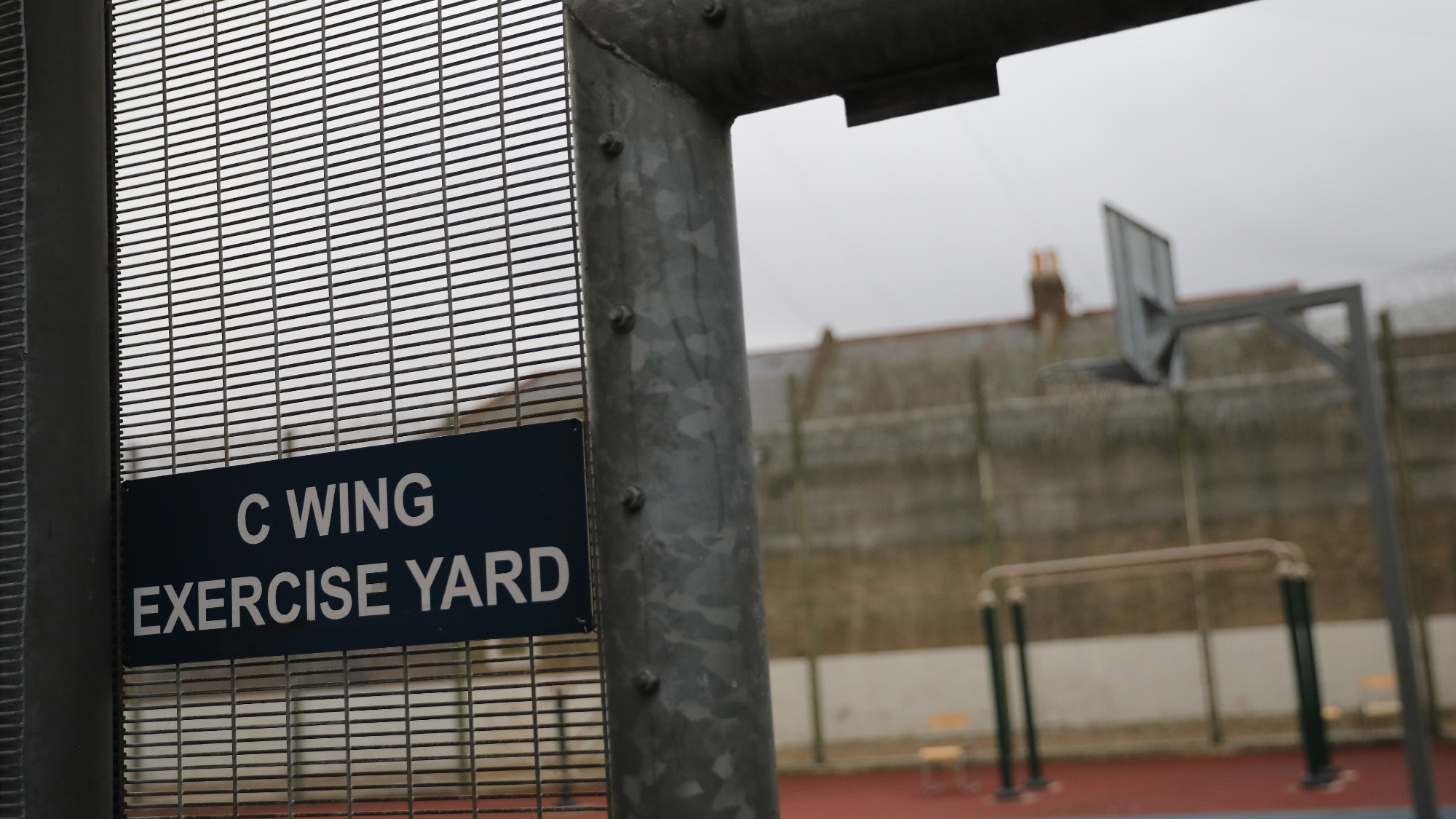 Can Starmer's plan solve the prisons crisis?
Can Starmer's plan solve the prisons crisis?Today's Big Question Releasing inmates early is 'least worst option' to tackle overcrowding, but critics say it puts public at risk
-
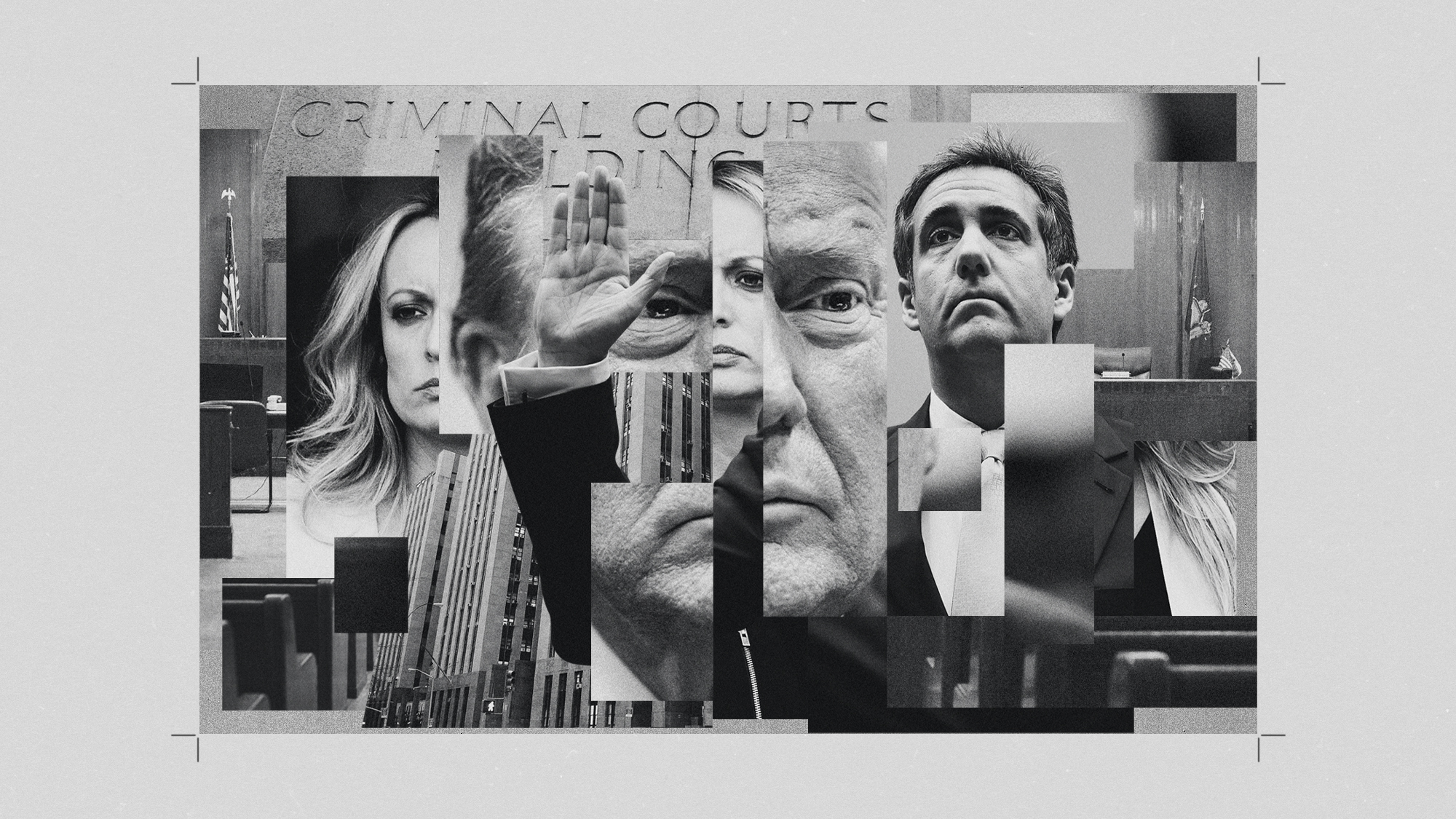 Trump hush money trial: what has the jury heard?
Trump hush money trial: what has the jury heard?Today's Big Question Former loyal fixer Michael Cohen proves star witness for prosecution, but Stormy Daniels's graphic testimony could offer grounds for appeal
-
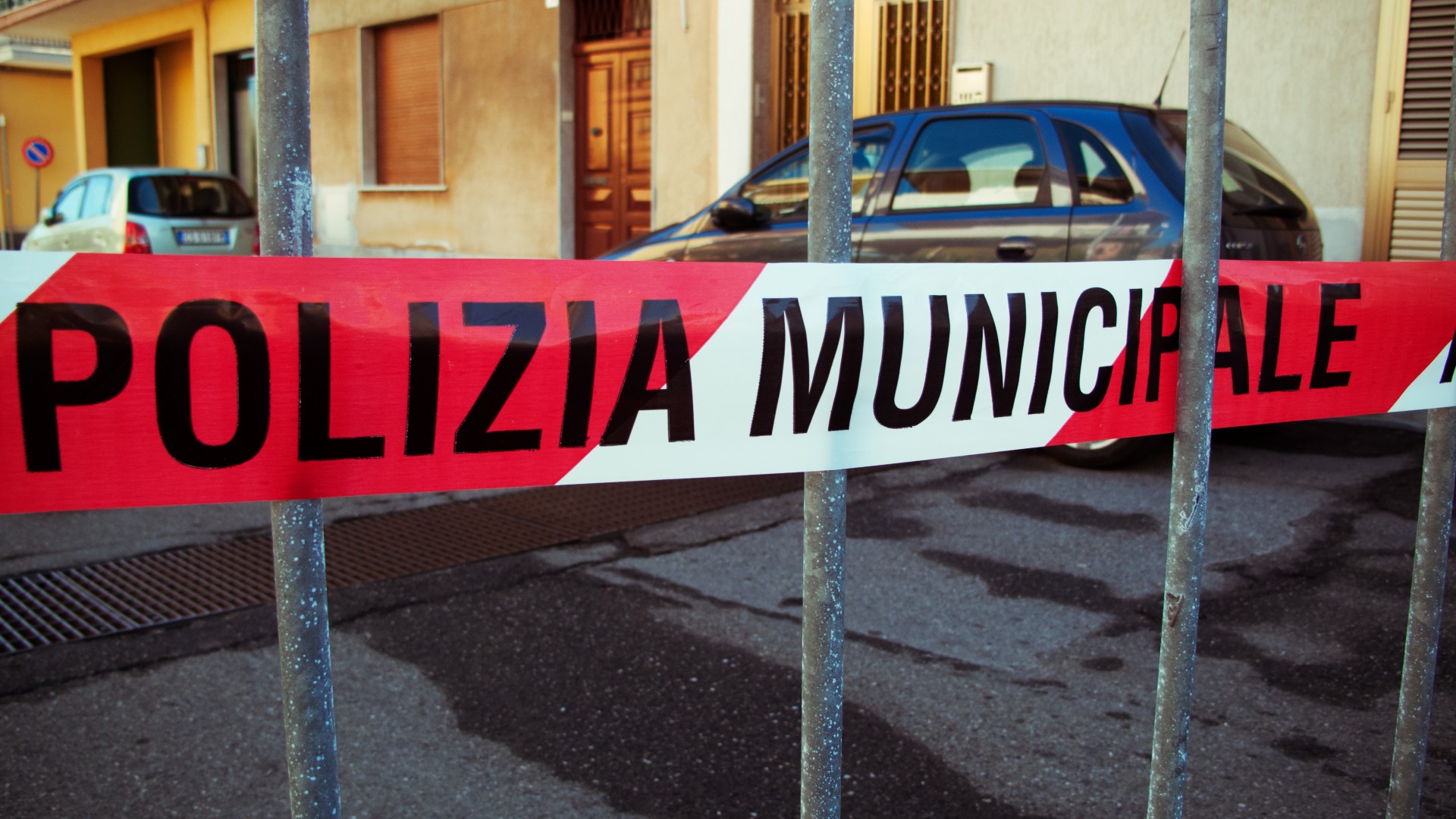 Italian mafia: why is murder and extortion going out of fashion?
Italian mafia: why is murder and extortion going out of fashion?Today's Big Question Move into tax evasion and money laundering means organised crime has 'not diminished but evolved', warns prosecutor
-
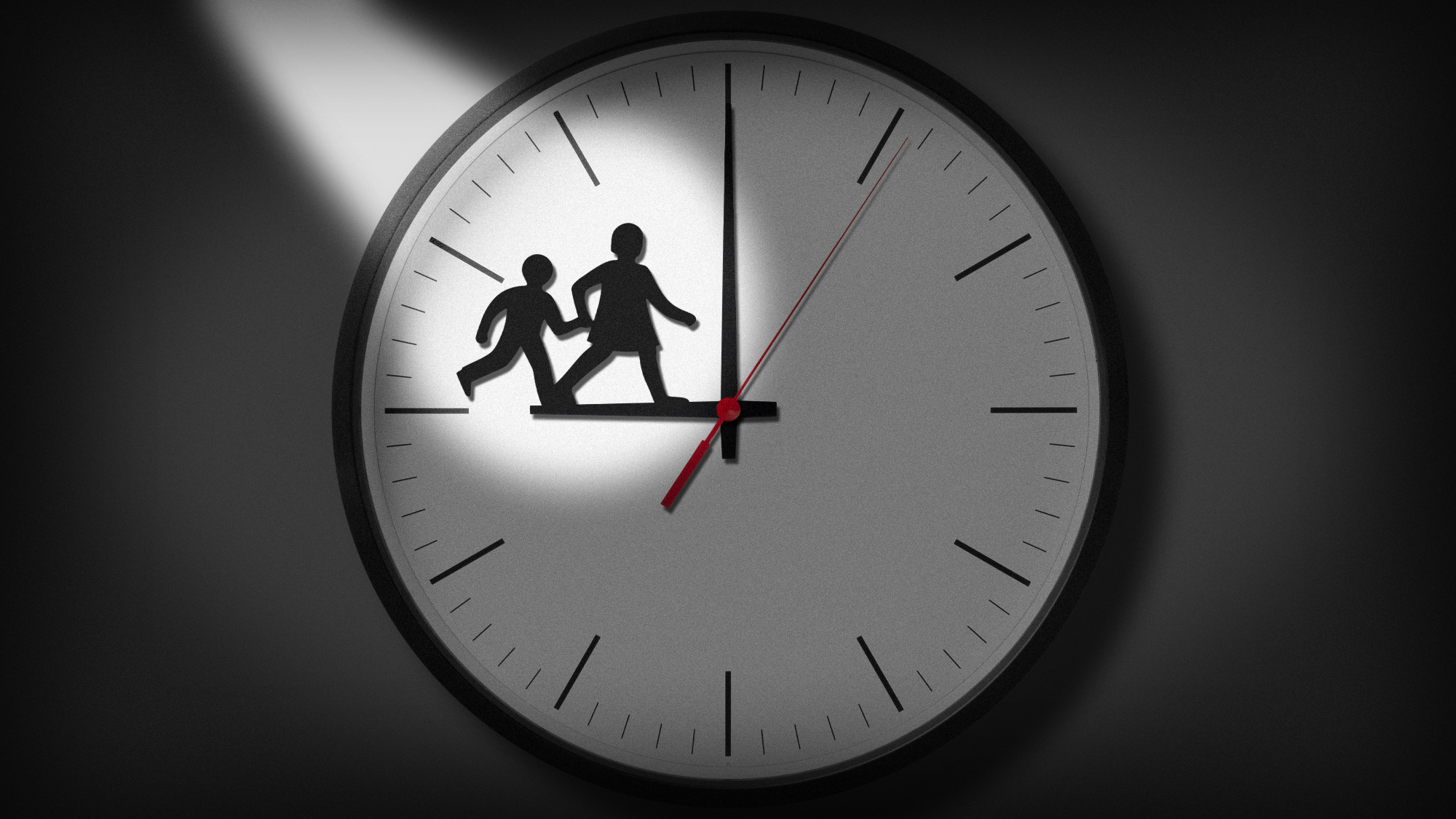 Do youth curfews work?
Do youth curfews work?Today's big question Banning unaccompanied children from towns and cities is popular with some voters but is contentious politically
-
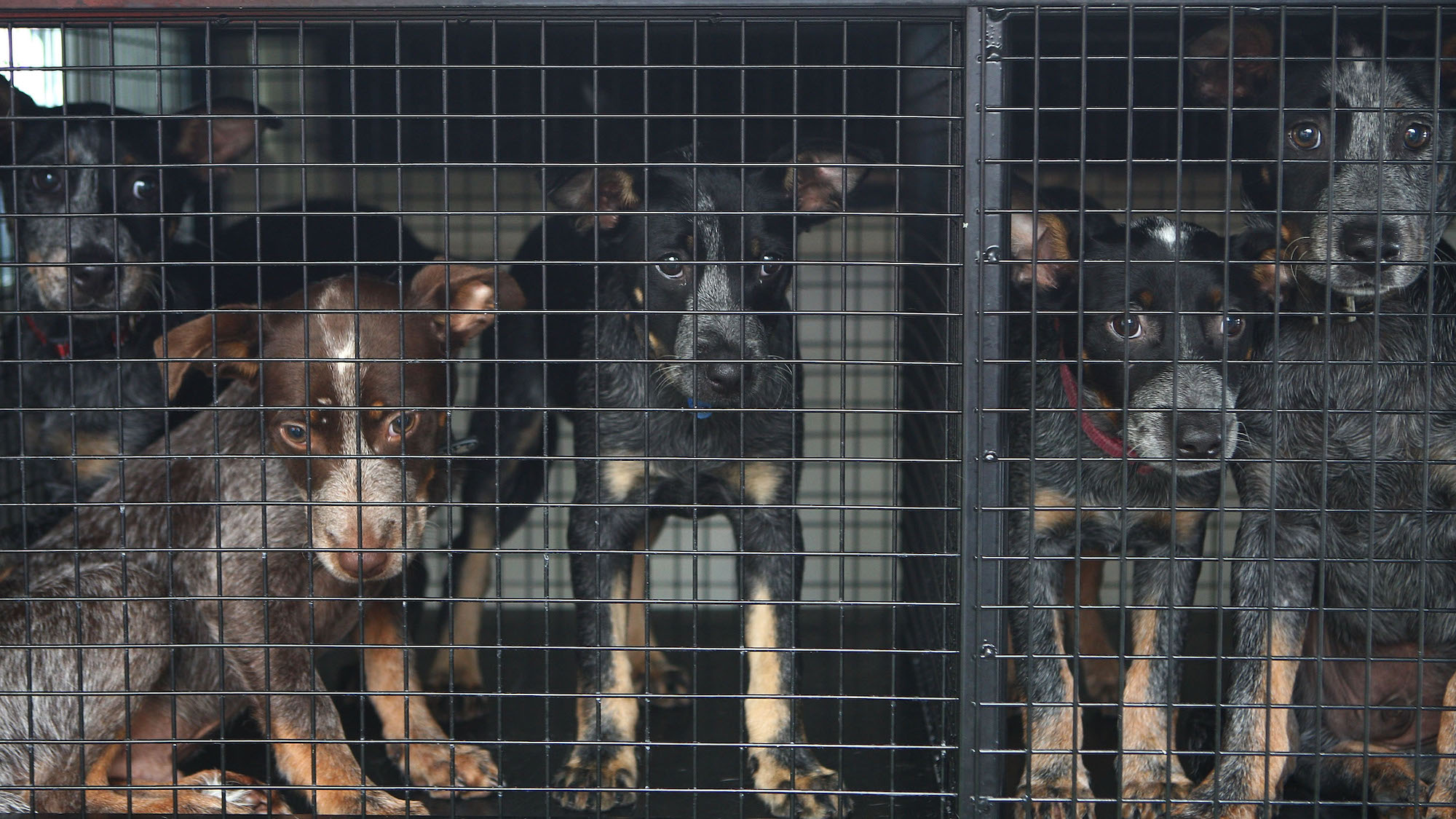 Is animal cruelty getting worse?
Is animal cruelty getting worse?Today's big question A new report has revealed a sickening trend of catapult animal killings shared on WhatsApp, and incidence of harming pets is rising
-
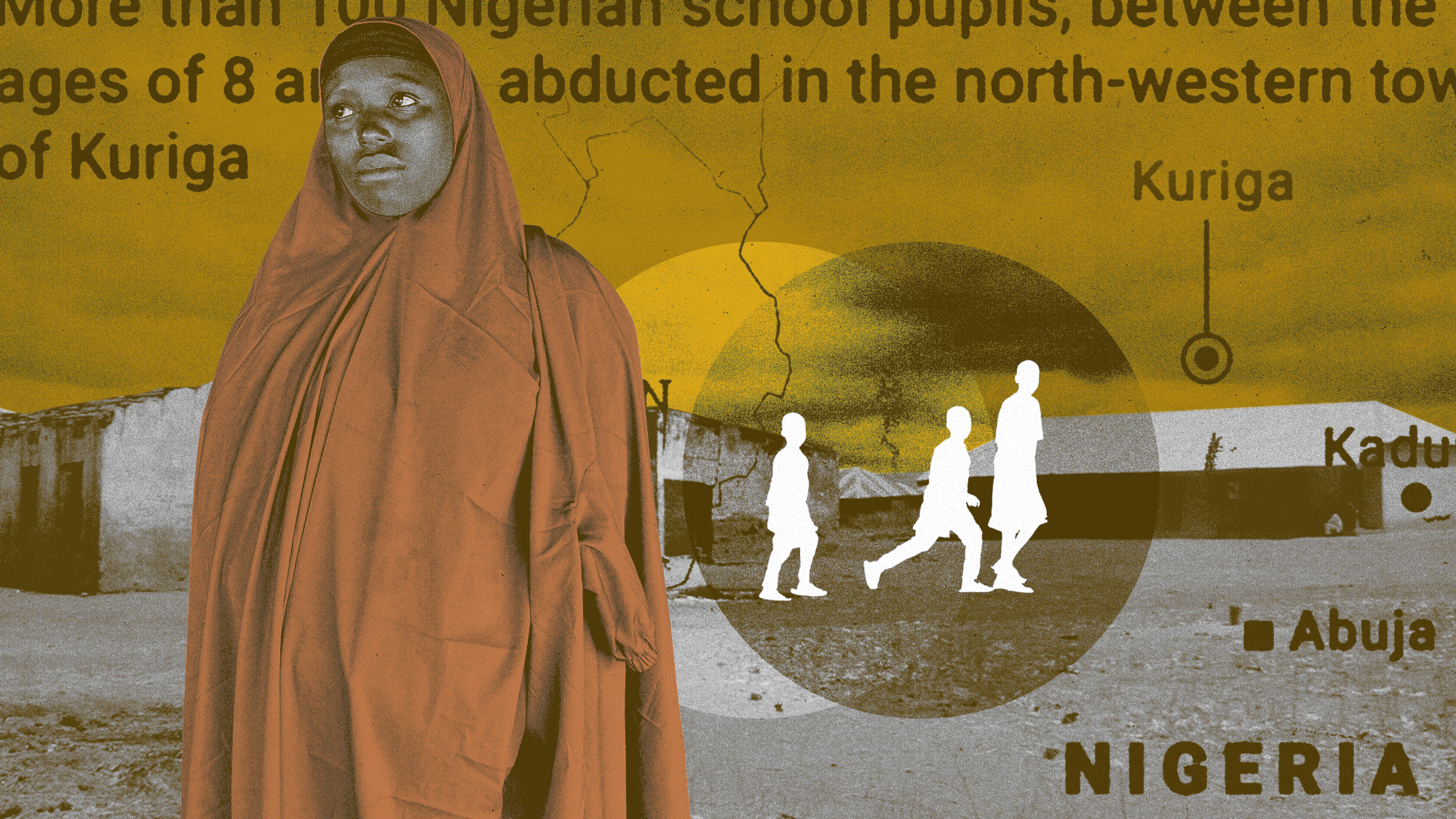 Why are kidnappings in Nigeria on the rise again?
Why are kidnappings in Nigeria on the rise again?Today's Big Question Hundreds of children and displaced people are missing as kidnap-for-ransom 'bandits' return
-
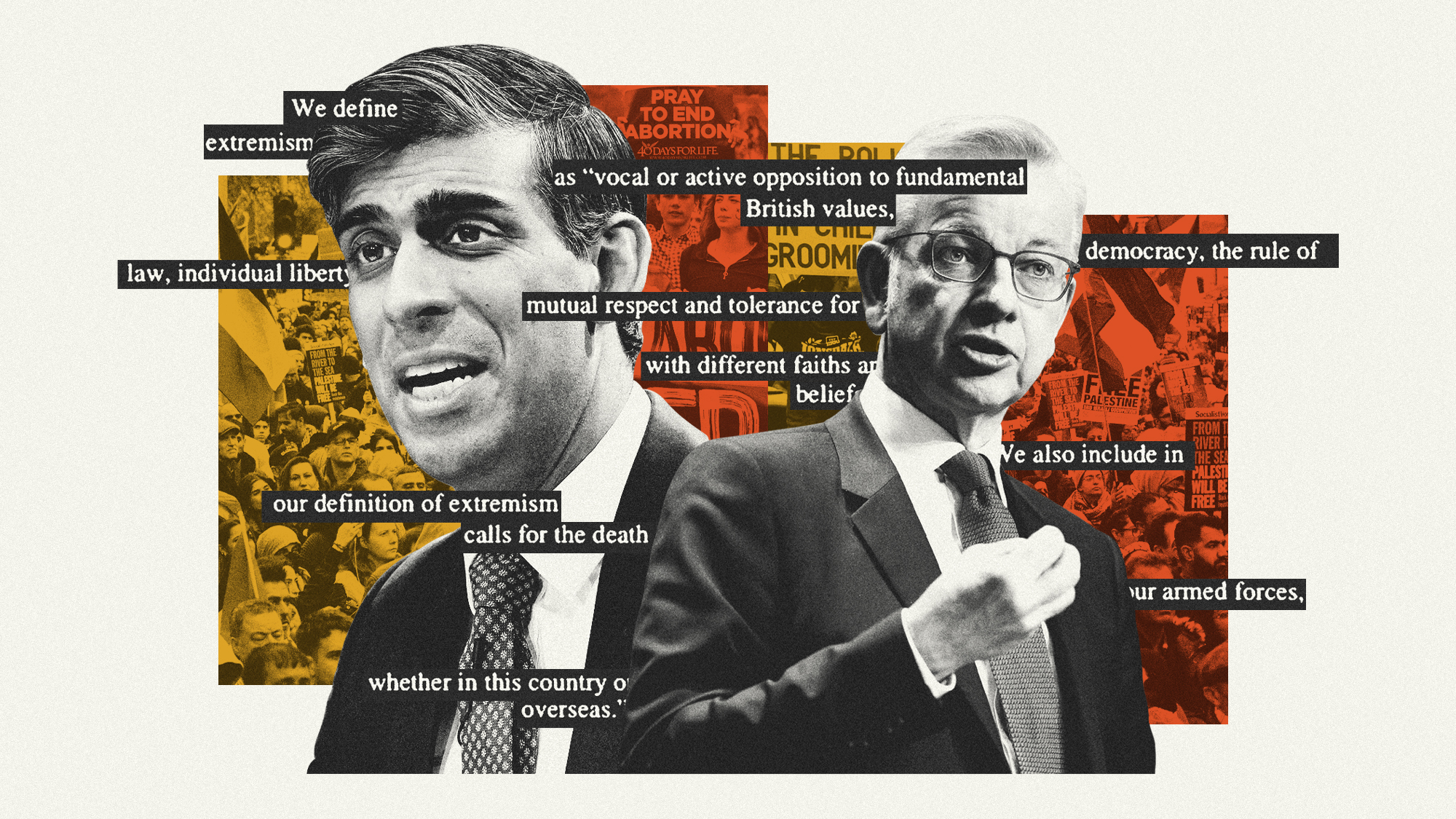 What is the new definition of extremism?
What is the new definition of extremism?Today's Big Question Michael Gove on a mission to 'push for more stringent measures to tackle extremism in the UK'